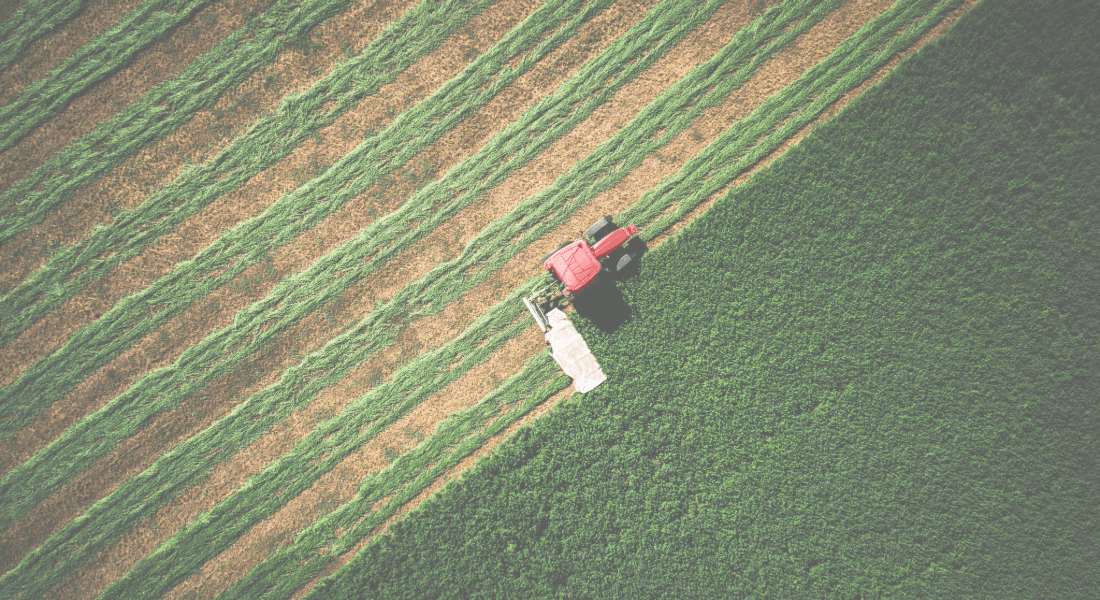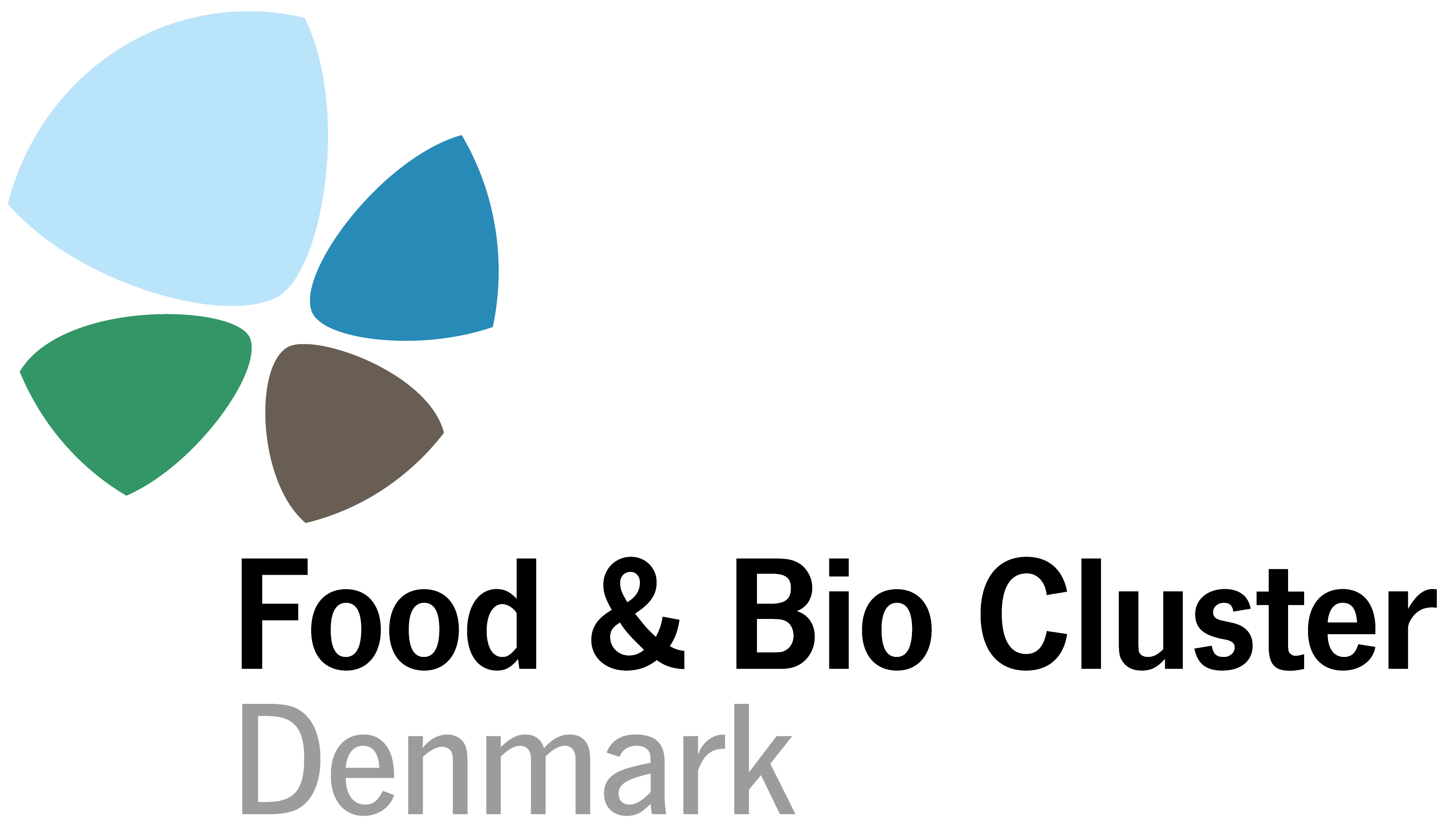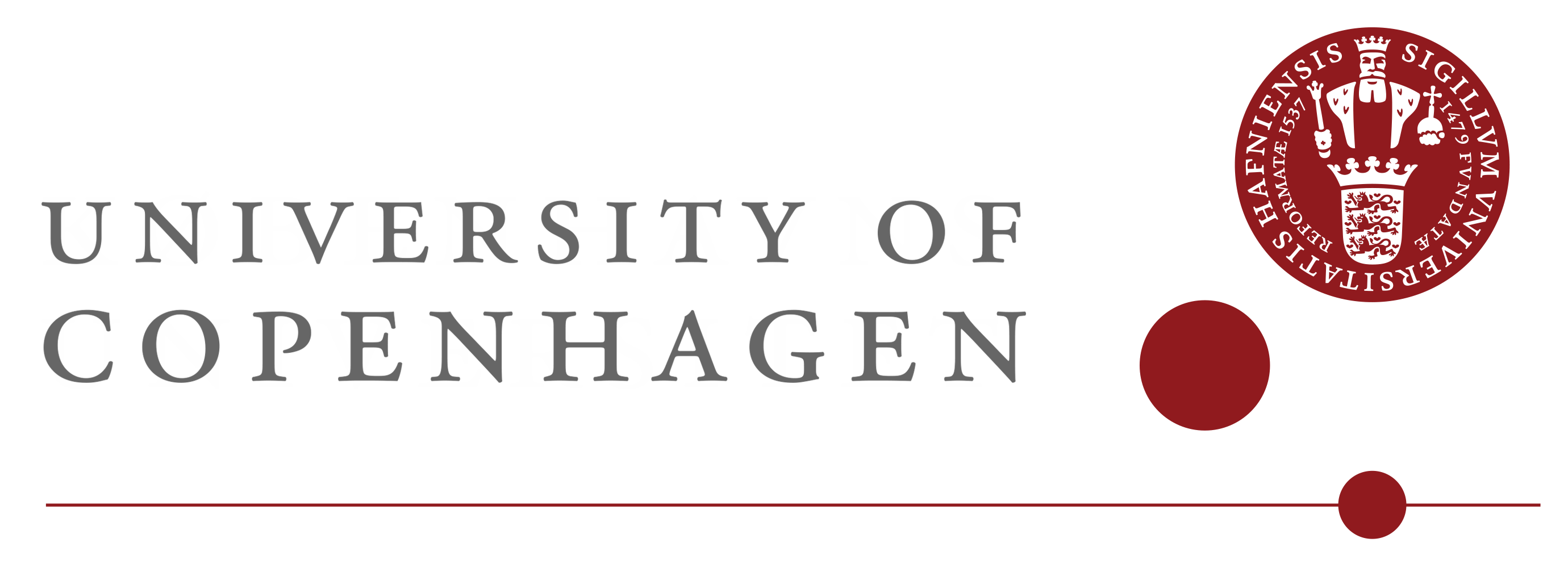Cross-disciplinary Biosolutions Seminar Series: Will Gene-Edited Crops Drive a Second Green Revolution?

The seminar is open to all interested, including researchers, industry officials, and students.
Biosolutions is a multidisciplinary approach that seeks to solve complex problems and promote sustainable and efficient agriculture, industrial, food, and ingredient productions by leveraging biological processes or bio-based components. At the Green Solution Centre, we have established a collaboration across several disciplines where we focus on various scientific perspectives for biosolutions. In addition to natural science and technological perspectives, we will integrate legal, socio-economic, and humanistic perspectives in a series of seminars.
The global population will grow by about 20 percent in the next 30 years, but the demand for agricultural products will increase substantially faster as people become richer. If global agricultural productivity growth cannot keep up, there is no other way to meet demand than by drawing additional land into agriculture, a scenario that entails further pressure on natural habitats, loss of biodiversity, and increased greenhouse gas emissions. The alternative is equally undesirable: If supply growth fails to meet demand, food prices will increase, possibly with disastrous consequences for the world’s poor. Higher agricultural productivity is the only way to escape this catch-22, and agricultural innovation is consequently of first-order importance for several of the world’s most pressing problems, including climate change, loss of biodiversity, and food security.
With rapid advancements in technology, gene-editing, and the debate over GMOs, can these innovations ignite a second green revolution? And what compromises are we prepared to make to achieve it? Prepare to be challenged and inspired by thought-provoking presentations and a dynamic debate on the future of agriculture and food production.
The seminar is related to the European Parliament's Environment Committee's adoption, on January 24, 2024, of the EU Commission's proposal to update the EU's regulation of genetically modified organisms (GMOs) in light of technological advancements in genome-editing. The proposal defines two types of NGT plants: Category 1 and Category 2. It is still in the process of being approved by the European Parliament and the EU Council.
Join us as we explore how advancements in gene editing and genetic modification can contribute to sustainable food production. Engage in discussions on the regulatory, ethical, and societal implications of these innovations in the EU and globally. Together, we will examine whether a second green revolution is within reach and discuss the necessary pathways, trade-offs, and policy frameworks to make it a reality.
The Biosolutions planning group is:
- Svend Christensen
- Sune Tjalfe Thomsen
- Linda Nielsen
- Henrik Siegumfeldt
- Asger Mose Wingender
- Peter Sandøe
Do you want to get information about this and similar events from the Thematic Solution "Biosolutions"? Then sign up for the mailing list here:
When you participate in this event, your time will be used as co-financing for the project Innovationkraft, which is funded by the Uddannelses- og Forskningsstyrelsen at a standard rate. Read more about the project.


